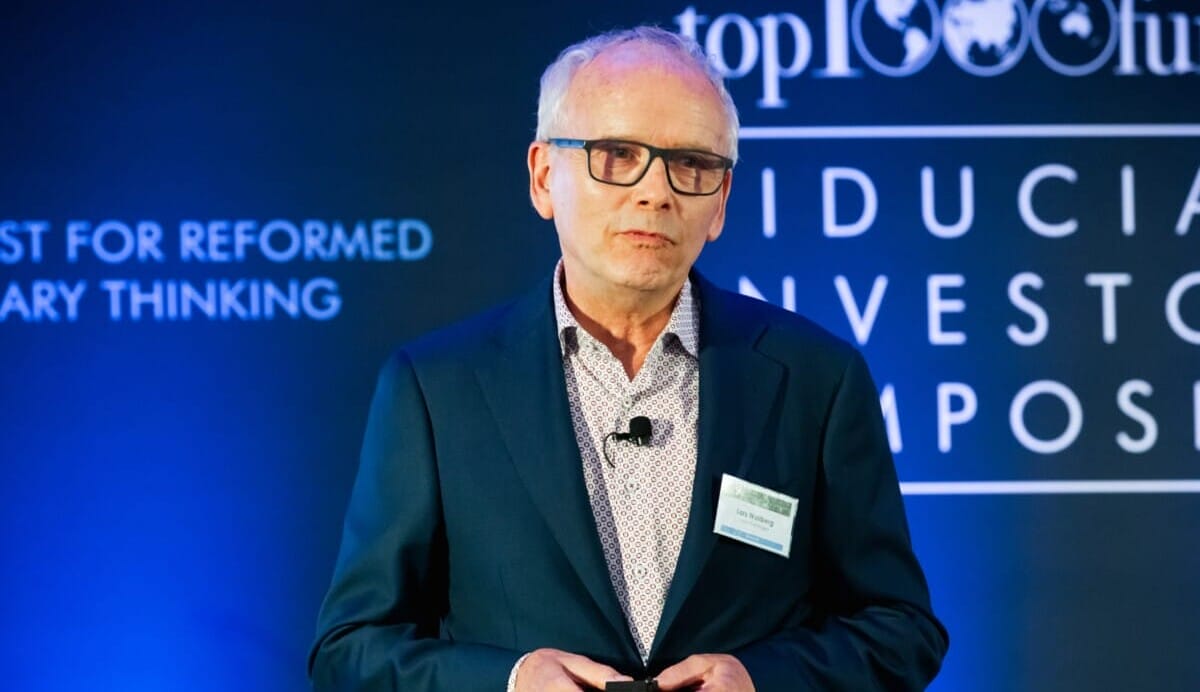Opportunities that correspond to the social factor in ESG are much harder to come by than environmental or sustainability-related investments. However, its benefits are substantial and, in some cases, may have a positive impact on asset owners’ pension liabilities.
That is the view of Lars Wallberg, CEO of Denmark’s Velliv Association (Velliv Foreningen). The association became the sole owner of the €40 billion ($45.2 billion) commercial pension fund, Velliv, after acquiring Scandinavian bank Nordea’s stake in 2019, and distributed the ownership to the fund’s 420,000 members.
Velliv Association works with a board of representatives – effectively 50 individuals elected by and from among the members – and a board of seven directors. Eighty per cent of the fund’s profit is distributed as an annual cash bonus to members (with €300 million handed down since 2018) and 20 per cent is donated to philanthropic activities (€75 million since 2018).
Despite living in one of the developed countries in the world, OECD figures in 2022 showed that one in every two Danes will encounter a psychological issue at some point in their life.
“We in Denmark, and the rest of the Scandinavian countries, will very rarely consider ourselves or talk about ourselves as being happy. We are much too introverted, much too quiet, normally at least, to say that,” Wallberg told the Fiduciary Investors Symposium at Harvard University.
In reality, however, workplace-related stress and anxiety are major contributors to people leaving the Danish labour market early, and around 50 per cent of Velliv’s benefits payments go to members with mental health issues, he said.
“A few years ago, it was cardiovascular diseases and so on that dominated [benefits payment]. Now it’s stress, anxiety and depression,” Wallberg said.
“There are lots of sources [of the problem]. As humans, we always strive to become richer, we expect more of our lives, and we challenge ourselves constantly to be good parents, good workers, have successful careers, travel all over the world.
“We simply put too much pressure on ourselves and on our peers.”
Last year, Velliv Association made one of its first social impact fund investments via Dannish asset manager Den Sociale Kapitalfond. The private equity, small-to-medium business-focused fund requires portfolio companies to have plans around how they are engaging with marginalised communities in the labour market.
This could be people with mental health issues or neurodivergent individuals among other vulnerable communities, Wallberg said. A company example is organic ice cream producer, Hansens, which itself is a four-generation family business and employs local workers in their production.
“It’s a challenge for a private equity fund, both to earn money and to encourage the companies to include people who are outside or at the margin of the workplace,” Wallberg acknowledged.
“But they have a proven track record, so we believe in it.”
Wallberg also highlighted the importance of leadership at asset owner organisations to take care of their workforce, especially young women aged between 25 and 35 which, at least in Denmark, has been identified as the group with highest stress level.
“My message is, mental health requires both dedications – being among your people, working with them – and it requires leadership, including taking care of yourself as a leader and your management colleagues,” he said.


